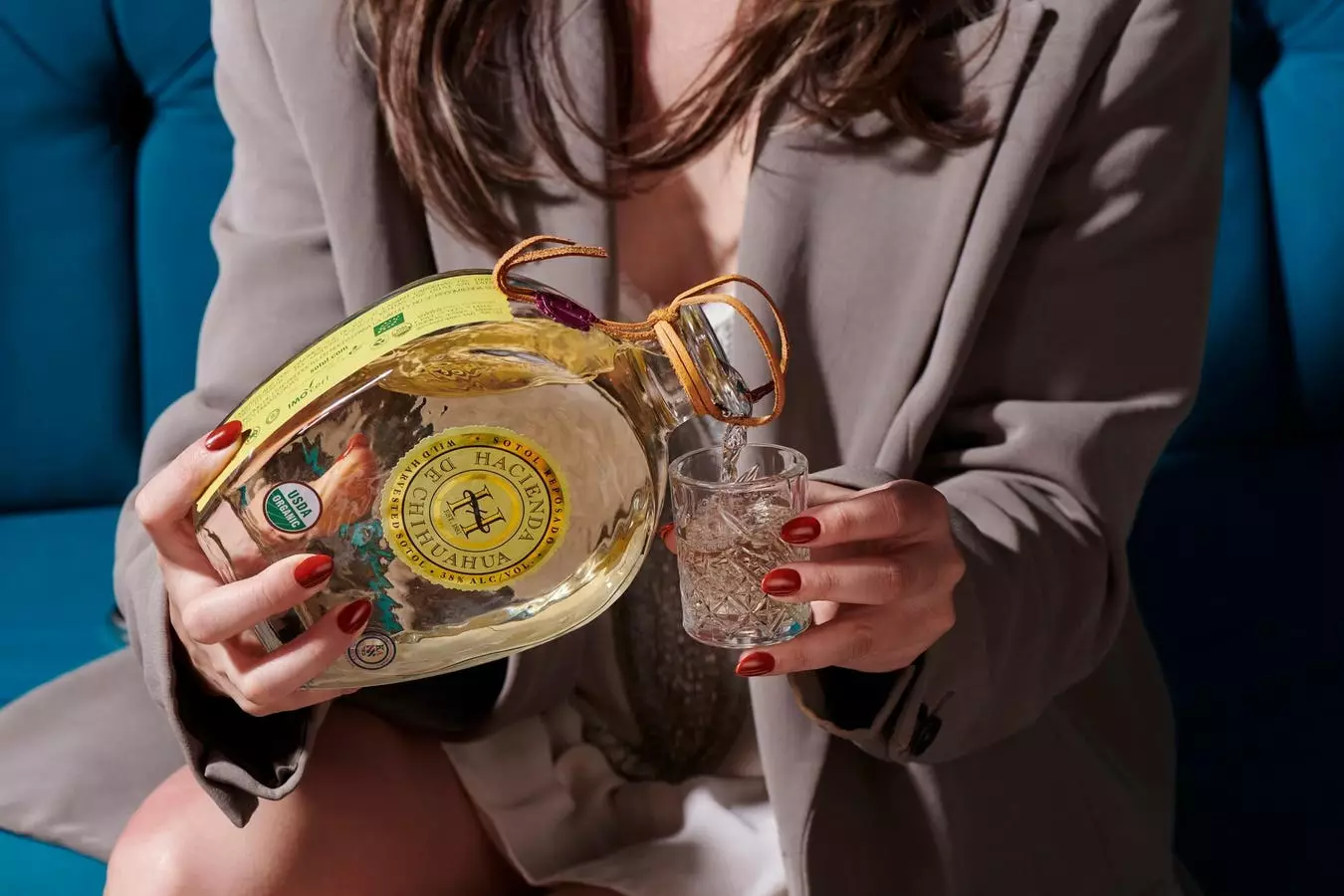The liquor industry is undergoing a significant transformation as consumers become increasingly conscious of the origins of the products they consume. The demand for sustainable spirits reflects broader societal trends, illuminating how drinkers are not just looking for quality and flavor but are also dedicated to making environmentally and socially responsible choices. From the field to the distillery, the process of spirit production is now being closely examined under the microscope of ethics and sustainability.
Today’s consumers are much more informed and have adopted a critical mindset when it comes to the products they purchase. The questions they pose include not only “What does this taste like?” but also “Where does this come from?” and “What are the impacts of its production on the environment and local communities?” This paradigm shift has instigated a ripple effect throughout the liquor industry, prompting producers to adopt more sustainable practices in response to consumer concerns. The era of “what you see is what you get” is being replaced by transparency and authenticity as key features of trustworthiness in brands.
The methods employed by distilleries are evolving to adopt more sustainable practices. Many producers are embracing regenerative farming techniques, cutting down on waste, and reducing carbon footprints by investing in cleaner distillation processes. This conscientious approach to production is no longer considered optional; it has become essential for brands looking to thrive in a market that increasingly values environmental stewardship.
In this context, certifications such as B Corp and organic seals serve as credentials that validate a brand’s commitment to these principles. However, they are not the only markers of credibility. Transparency regarding sourcing, production processes, and environmental impact is what truly resonates with the modern consumer. This movement is not limited to a specific region; it spans the globe, with innovative practices emerging in places traditionally associated with liquor production.
Among the brands making significant strides in sustainability is Hacienda de Chihuahua, a family-owned distillery in Mexico that focuses on Sotol, a spirit derived from the Dasylirion plant. Their organic certification signifies a dedication to sustainable harvesting and production, all while maintaining the rich complexity of the spirit. The Reposado Sotol aged in French oak barrels speaks to both craftsmanship and environmental consciousness.
On the other side of the world, Scotland’s Pollinator Spirits, founded by Claire M. Marin and Cathy Leidersdorff, emphasizes local sourcing and innovative production techniques that pay tribute to nature. Their rye whiskey, aged in honey barrels, embodies the essence of sustainable distillation while introducing drinkers to a unique flavor profile consisting of orange, toffee, and wildflowers.
Similarly, the B Corp certified Bruichladdich distillery has set ambitious goals to decarbonize by 2025, employing biodynamic practices and innovative packaging solutions. Their Islay Barley 2013 reflects a commitment to local sourcing and offers a nuanced whiskey experience, balancing light sweetness with complex flavors derived from the island’s terroir.
Among the promising newcomers is Arbikie Distillery, which has developed Nàdar Gin, marketed as the world’s first climate-positive gin. Crafted from peas and infused with botanicals such as lemongrass and makrut lime, Nàdar exemplifies a commitment to sustainability while indulging palates seeking refreshing flavor profiles.
The realm of mezcal also sees innovative practices, with brands like Mezcal Amarás and Tosba Mezcal standing out for their commitment to reviving village economies and utilizing local agave varieties. Mezcal Amarás Cupreata, unique for its sourcing of a more obscure agave, showcases the diversity and rich flavors achievable in sustainable practices that benefit both producers and the environment.
As the sustainable spirits trend continues to grow, it raises important questions about the future of the liquor industry. The increasing prioritization of sustainability has implications for various aspects of production, marketing, and branding. Furthermore, it forces legacy brands to reconsider long-held practices or risk becoming obsolete in the face of more agile, environmentally conscious competitors.
This cultural shift is not merely a trend; it is indicative of a broader movement toward sustainability that crosses industries. As consumers demand transparency and accountability, businesses that prioritize ethical practices will likely dominate the marketplace. Sustainable spirits illustrate a small but impactful change in the way we think about what we drink, an evolution worth celebrating as we navigate toward a more conscientious future.


Leave a Reply